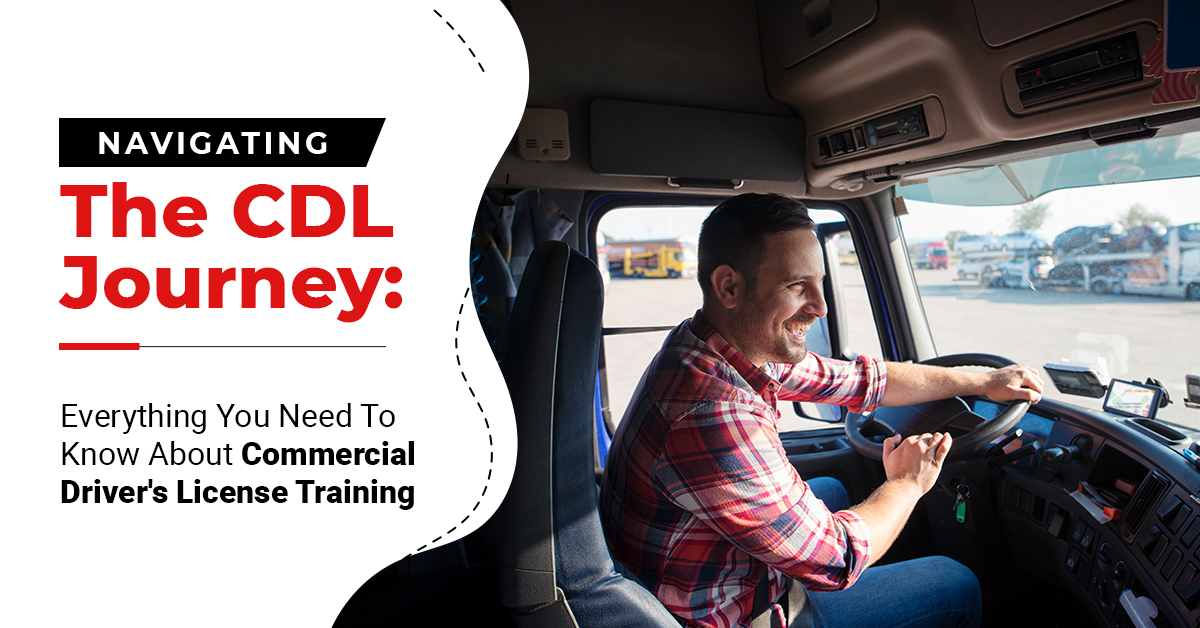How DOT Drug And Alcohol Testing Works
DOT testing follows strict federal rules in 49 CFR Part 40 and FMCSA regulations. Tests occur for several reasons: pre-employment, random selection, reasonable suspicion, post-accident, return-to-duty, and follow-up. Each type has its own procedure and timeline. The DOT requires labs, collectors, and medical review officers to follow exact steps. This keeps testing accurate and defensible. A typical DOT drug test uses urine. The test checks five drug classes: marijuana, cocaine, opiates, amphetamines (including meth), and phencyclidine (PCP). Alcohol testing uses a breath or saliva test measuring blood alcohol concentration (BAC). If a urine initial screen is positive, labs run a confirmatory test. Cutoff levels are set by the DOT and SAMHSA.What Happens During Collection
A trained collector walks you through the process. They check your ID and give you a sealed collection kit. You provide the specimen in a private collection area. The specimen splits into two bottles: the primary and the split. The collector seals them and sends them to a certified lab. A positive result goes to a Medical Review Officer (MRO). The MRO verifies legitimate prescriptions or medical explanations. If there is no valid reason, the lab reports a confirmed positive.What Drugs Does DOT Test For?
DOT drug testing focuses on five main categories. Each one has a clear impact on safe driving. Here’s what you need to know:- Marijuana (THC metabolites): Even if your state allows marijuana, DOT rules don’t. A positive test here counts as a violation, no exceptions.
- Cocaine: This stimulant interferes with judgment, coordination, and reaction time. On the road, those seconds matter more than anything.
- Opiates (like codeine and morphine): These are common pain medications. They can slow reflexes, cloud focus, and make long hours behind the wheel risky.
- Amphetamines and methamphetamines: Some misuse these to stay alert. The crash afterward, mental and physical, can be just as dangerous as fatigue itself.
- Phencyclidine (PCP): This hallucinogen changes perception and behavior in unpredictable ways. Safe driving simply isn’t possible under its effects.
Refusing Or Not Appearing For A DOT Test
Refusing a required DOT test carries the same consequences as a positive test. “Refusal” includes actions like not showing up for a post-accident or random test, tampering with the specimen, or giving an invalid sample with no medical explanation. If you refuse, your employer must remove you from safety-sensitive duties immediately. The refusal also must be reported to the FMCSA Clearinghouse. Treat a refusal the same as failing a test.What Happens If You Fail A DOT Drug Test
If your test comes back confirmed positive, your employer cannot let you drive a commercial motor vehicle. You must stop performing safety-sensitive duties right away. You cannot return until you complete the DOT return-to-duty process. That process requires evaluation and treatment by a DOT-qualified Substance Abuse Professional (SAP), a negative return-to-duty test, and possible follow-up testing. Your employer also reports the violation to the FMCSA Clearinghouse.Will Your CDL Be Suspended If You Fail A Drug Test?
Here’s the truth: failing (or refusing) a DOT drug test doesn’t always mean your state instantly suspends your CDL the way it would for a DUI. Your license card might still be in your pocket. But in reality? The impact feels the same or even worse. The moment you test positive, your employer must pull you off the road immediately. No safety-sensitive work. No commercial driving. No exceptions. And you don’t just “wait it out.” You must go through the DOT Return-to-Duty process:- Meet a DOT-qualified Substance Abuse Professional (SAP). They’ll evaluate you and lay out a plan.
- Complete any required education or treatment. This step depends on your situation.
- Pass a return-to-duty drug test. Until you do, you cannot legally drive a CMV.
- Go through follow-up testing. Even after returning, you’ll face unannounced tests for up to 5 years.
Practical Steps If You Test Positive Or Refuse
- Stop driving immediately when told. Your employer must remove you.
- Contact a DOT-qualified Substance Abuse Professional. The SAP guides you through evaluation and treatment.
- Follow the return-to-duty plan exactly. You must pass a negative test and complete any recommended treatment.
- Keep records. Save documents from the MRO, SAP, and any treatment you receive. These help with future employment.
- Check the FMCSA Clearinghouse status. Employers will look there when hiring CDL drivers.
How Training Helps Prevent Problems
Training helps supervisors spot impairment and follow rules correctly. If you manage drivers, DOT Supervisor Training teaches how to identify signs of substance misuse and when to order reasonable suspicion testing. Consider this course to protect drivers and the public. If you handle hazmat loads, DOT Hazmat Training helps you meet safety rules. It also supports safe operations and reduces risk after an incident. ICCouncil’s Hazmat courses cover the regs and best practices.FAQs
Q1: Can I lose my CDL forever?A: Not usually forever. You lose the right to perform safety-sensitive duties until you complete the return-to-duty process. Employer policies or criminal convictions can complicate things.
Q2: What if I had a prescription?
A: Tell the MRO. If a licensed practitioner prescribed a medication, the MRO will evaluate whether it impairs your ability to drive. Keep prescriptions handy.
Q3: Can I drive for another company while I’m in the return-to-duty process?
A: No. You can’t perform safety-sensitive work until you clear the DOT return-to-duty steps.
Q4: How long does the SAP process take?
A: It varies. Treatment, evaluation, and scheduling affect timing. Some drivers return in weeks. Others need months. The SAP will outline steps and timing.
Q5: Will a positive test appear on background checks?
A: Yes. FMCSA Clearinghouse entries show drug and alcohol program violations. Future employers will see those records.


